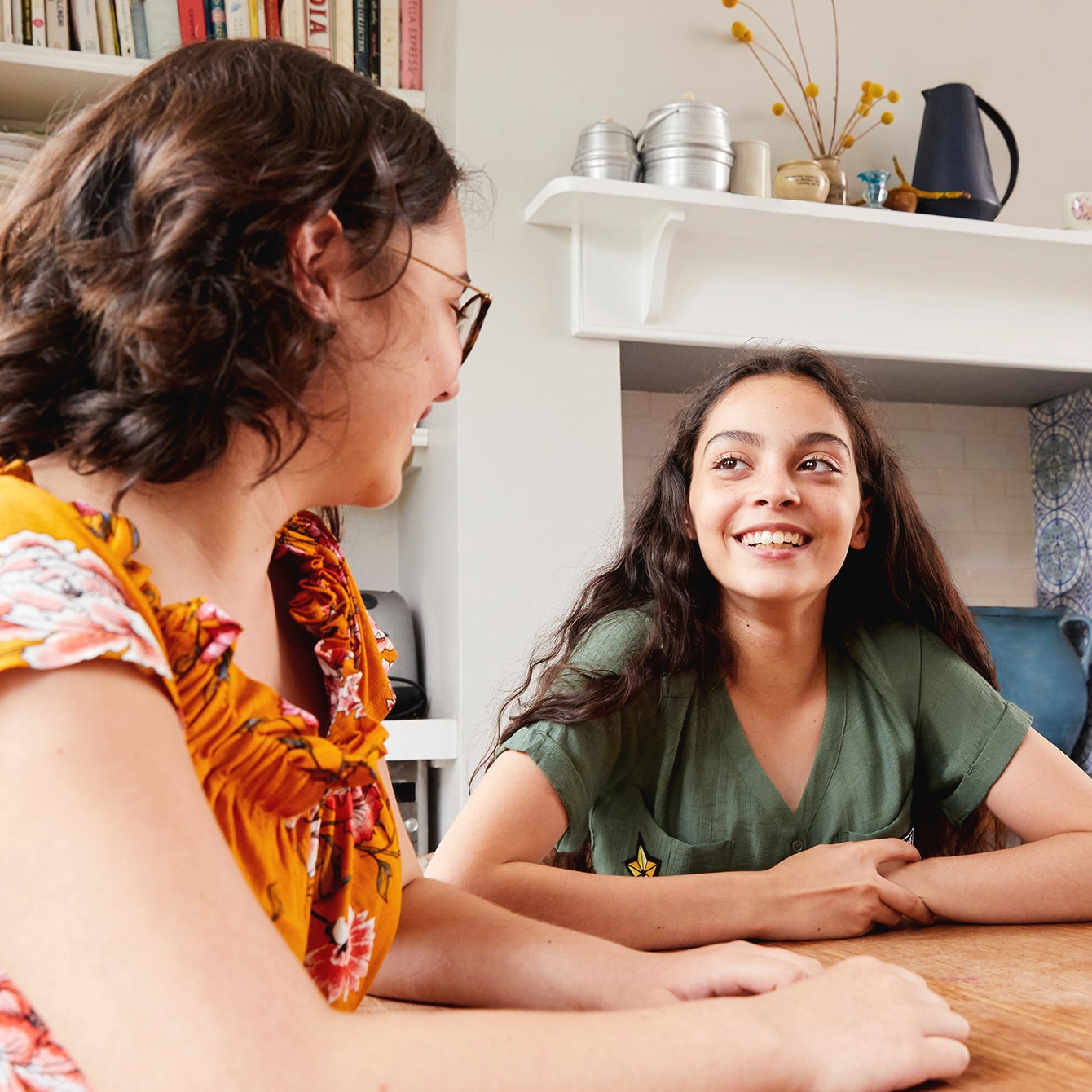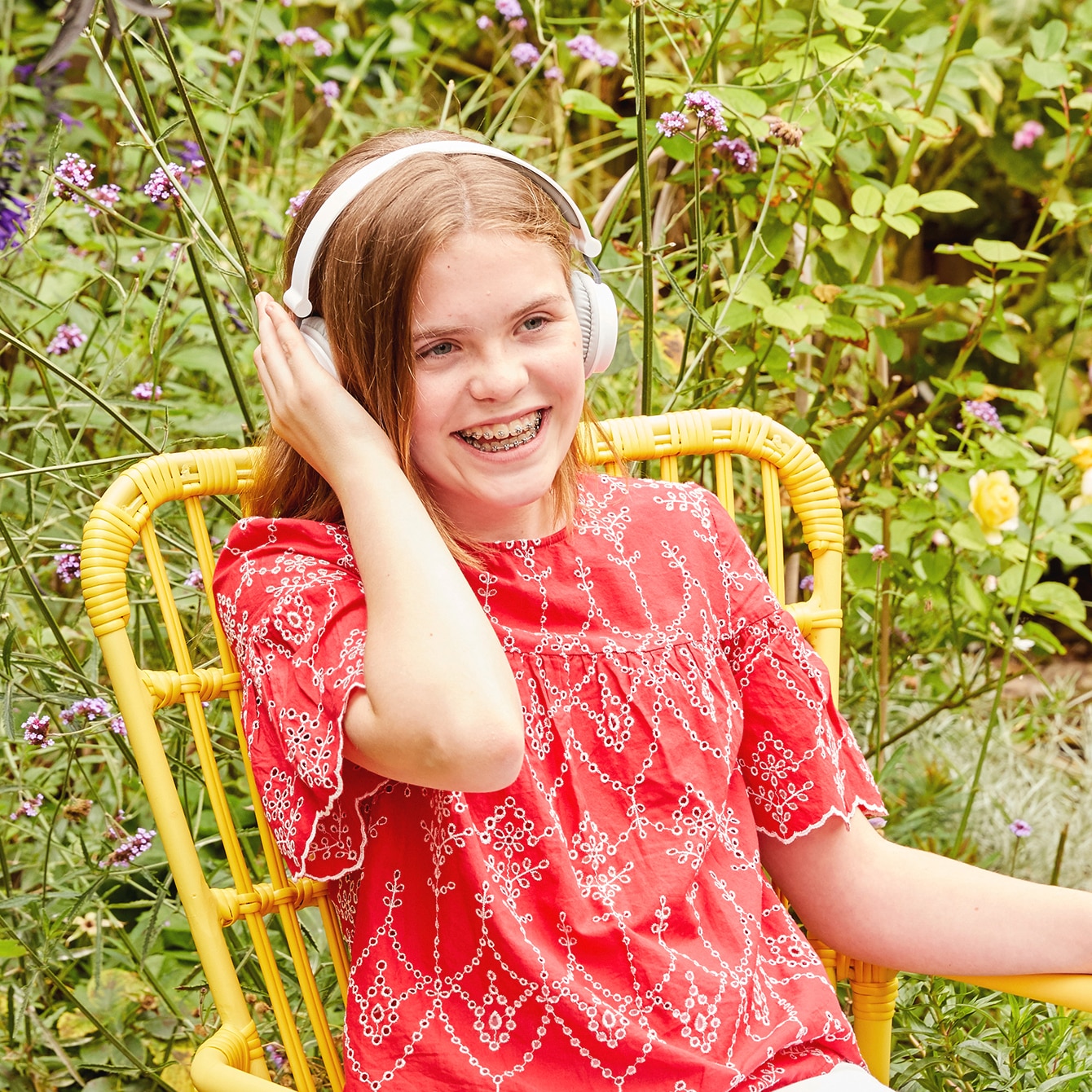‘Haters’ have become an unwelcome fixture of the internet. These are people who post negative or disrespectful comments on photos, videos or other social media streams. Sadly, learning to deal with a hater is now an important life skill for your child.
What are haters?
In today's world of social media and gossip apps, young people are continually discovering new ways to send messages, pictures and videos – often anonymously. In this online playground, consequences and repercussions don’t seem as direct or real, and can lead to youngsters saying or doing risky things.
Research from EU Kids Online and Net Children Go Mobile shows that an increasing number of UK children aged 11-16 are seeing offensive messages online: 23% of those surveyed, compared to 13% in 2010. Of these, 12% said they had themselves received nasty or bullying messages from ‘haters’.
Many young people are so used to seeing such comments that they simply accept people are going to ‘hate on them’ – and some even court the attention. But that doesn’t mean rude and spiteful messages online are harmless, or that they won’t have an impact on self-esteem. Even a comment that might have been meant jokingly can be hurtful and damaging.
If your child has received something that's upset them, whatever the intention of the sender, it needs to be dealt with.
Why haters hate
“It’s hard to know why people make hateful comments,” says Dr Tara Cousineau, psychologist and founder of BodiMojo. “Usually, it’s the feeling of power or control over others, so it can be an attractive thing for a kid who feels they’ve got no control in other areas of their life.”
Unfortunately, once young people begin to engage online, they expose themselves to the potential of receiving mean comments – particularly if their profiles are open to the public. To reduce the risk of haters online, make sure your child limits the number of networks they are on, keeps their profiles private and personally knows everyone in their networks.
How to deal with hateful internet comments
Many of the comments young people receive are positive – “nice haircut”, “you look amazing…” However, sometimes a post may come across as mean – possibly unintentionally so. Something that may seem funny to one person can be hurtful to another. With online communications, there are no personal ‘cues’, such as tone of voice or eye contact, to help decode the intention behind a post. Adolescents can be very sensitive and read things into people’s words that were never intended by the sender.
If your child knows who posted the comment, it’s best to bring the matter into the open. Suggest they speak to this friend in person about what was really meant. If the post comes from someone your child doesn't know, they should ignore it, delete it and/or block that person from their profile.
Rebuilding confidence
Rebuilding your child’s confidence is an important part of dealing with haters.
“Hateful speech or online bullying, whether intended or not, can dent a young person’s self-esteem,” says Dr Cousineau. “You can help rebuild it by encouraging them to focus on real things in their life: favourite activities and true friends.”
Try some confidence-building activities, such as asking your child to write down the qualities and quirks that make them unique, listing their hobbies and talents, or discussing what's special about their relationships with good friends and family members.
If your child is having a hard time recovering from an experience with online haters, seek support from a counsellor, or encourage them talk to someone slightly older who has been through something similar themselves and can help them move past it.




